Researchers at Crispr Therapeutics, a Swiss biotech company, have successfully conducted a trial using the Crispr gene editing technology to reduce high cholesterol levels in a small group of participants. Fifteen individuals received a one-time infusion intended to switch off a gene in the liver called ANGPTL3, which is responsible for regulating cholesterol levels. The trial, which was presented at the American Heart Association's annual meeting and published in The New England Journal of Medicine, showed that the highest dose tested reduced both bad LDL cholesterol and triglycerides by an average of 50 percent within two weeks after treatment. This effect lasted at least 60 days, the duration of the trial.
The participants in the trial had high cholesterol levels, but not to the extent that it would typically require medication. The treatment was designed to mimic the effects of a rare genetic mutation that protects against heart disease without any apparent adverse consequences. The results of the trial suggest that Crispr technology could be used to treat common conditions, such as high cholesterol, in addition to its current applications in addressing rare diseases.
Samarth Kulkarni, CEO of Crispr Therapeutics, described the trial as a significant milestone in the development of Crispr technology in medicine. "This will probably be one of the biggest moments in the arc of Crispr's development in medicine," he said. "We're excited about the potential of this technology to treat a wide range of diseases, including common conditions like high cholesterol."
The use of Crispr technology to treat high cholesterol is a promising development, as it could potentially provide a new and more effective treatment option for millions of people worldwide. High cholesterol is a major risk factor for heart disease, which is a leading cause of death globally. Current treatments for high cholesterol often involve medication, lifestyle changes, or a combination of both. However, these treatments may not be effective for everyone, and some people may experience side effects.
The Crispr technology works by using a small RNA molecule to locate and edit the ANGPTL3 gene in the liver, which is responsible for regulating cholesterol levels. This edit prevents the gene from producing a protein that helps to regulate cholesterol levels, resulting in lower cholesterol levels. The treatment is administered via a one-time infusion, which is a significant advantage over traditional treatments that often require ongoing medication.
The trial was conducted in a small group of participants, and further research is needed to confirm the results and determine the long-term effects of the treatment. However, the results of this trial are promising and suggest that Crispr technology could be a game-changer in the treatment of high cholesterol and other common conditions.
Crispr Therapeutics plans to continue researching the use of Crispr technology to treat high cholesterol and other conditions. The company is also exploring the use of Crispr technology to treat other diseases, including sickle cell anemia and muscular dystrophy. With the potential to treat a wide range of diseases, Crispr technology is an exciting development in the field of medicine.
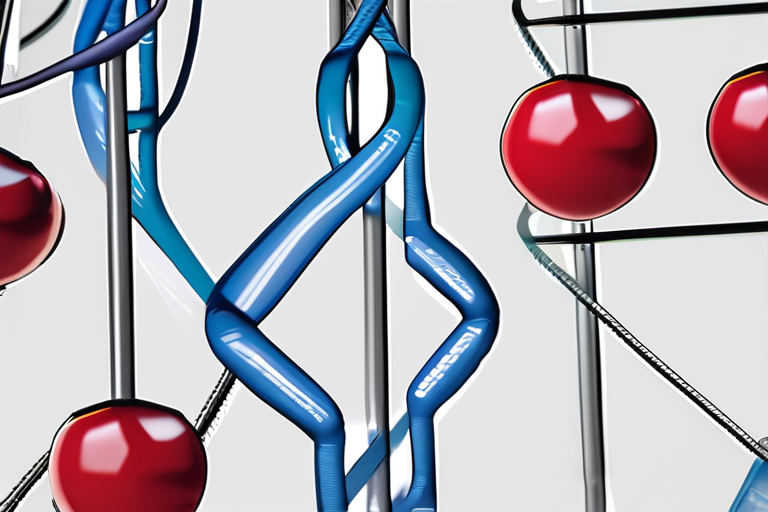


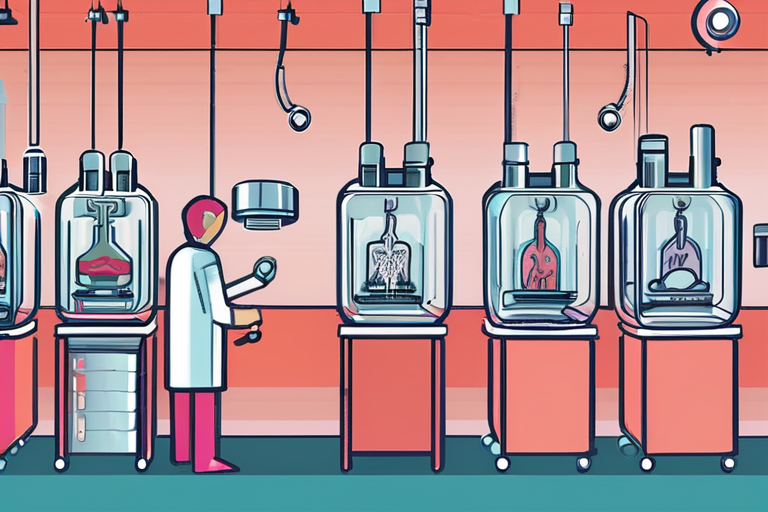




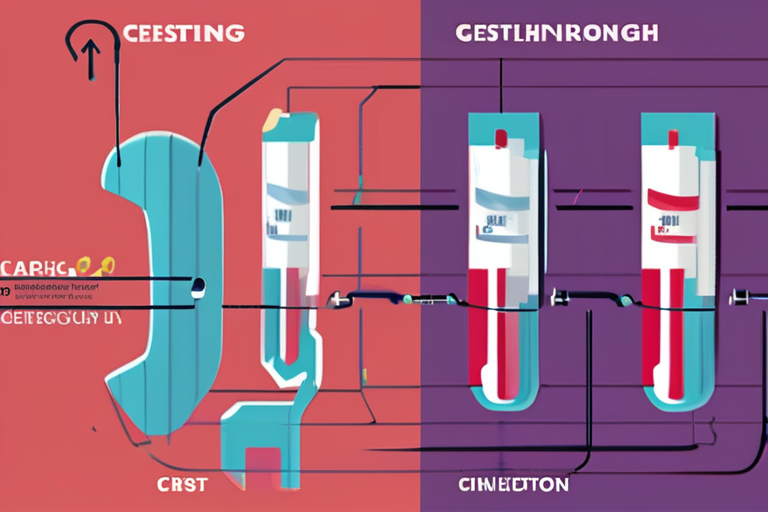





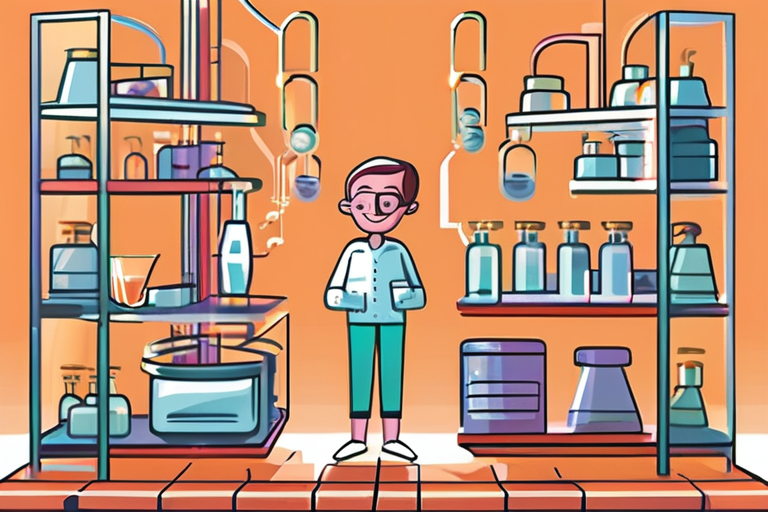

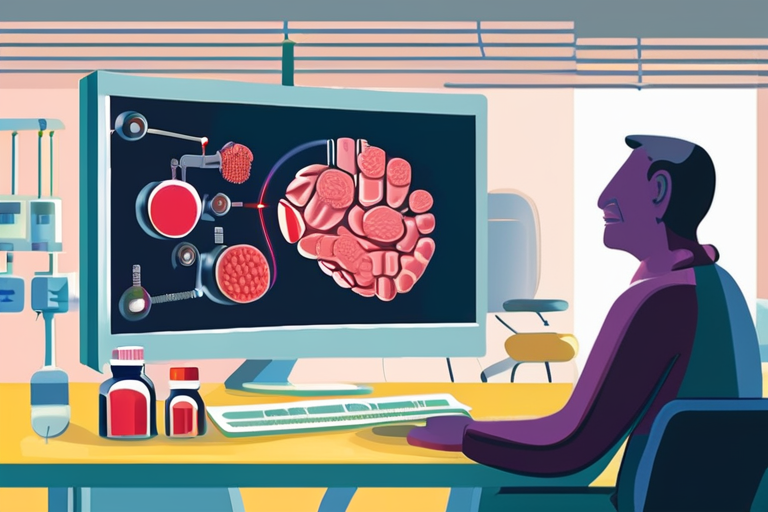


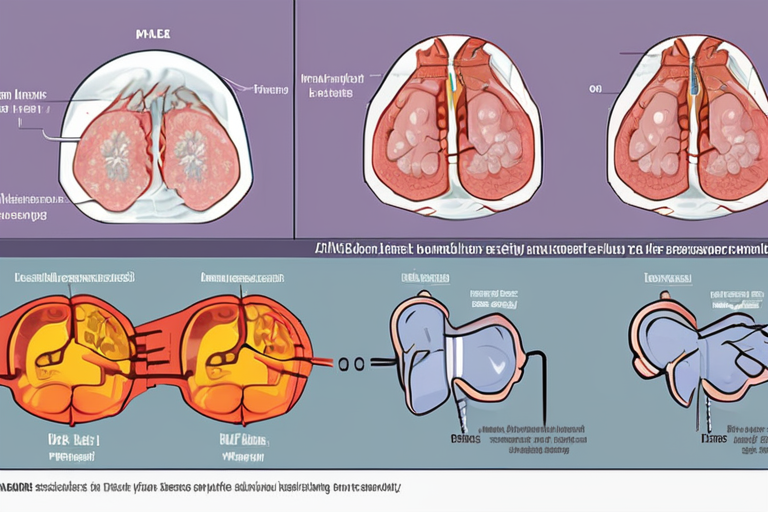



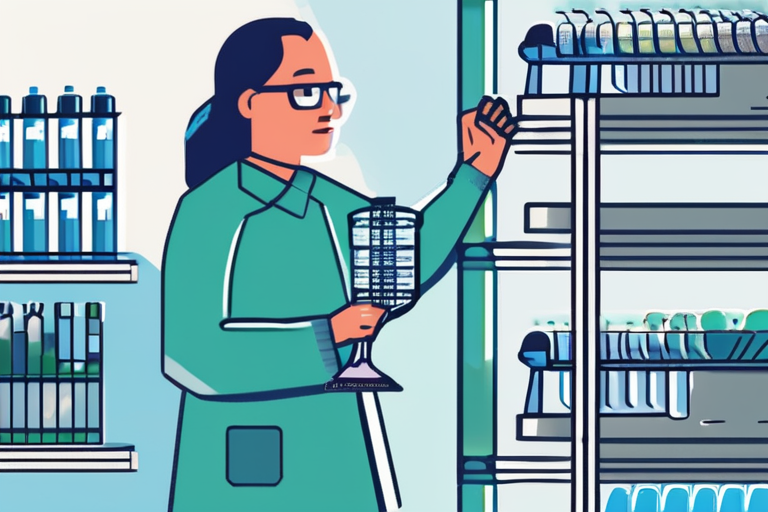

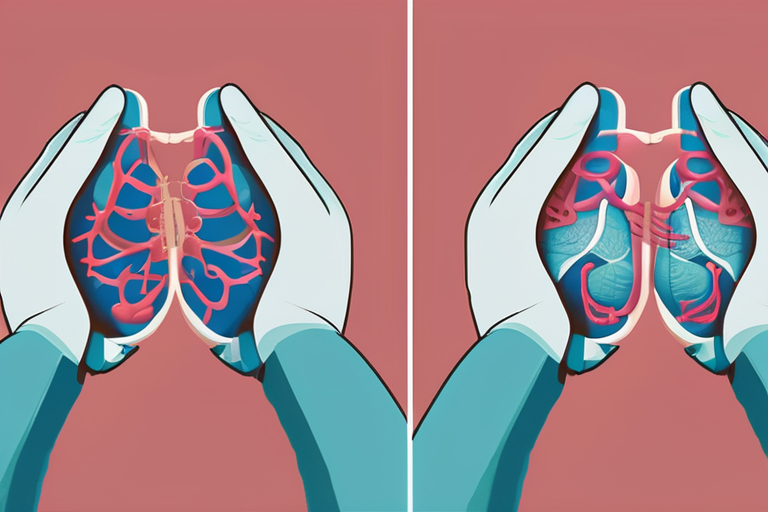

Share & Engage Share
Share this article